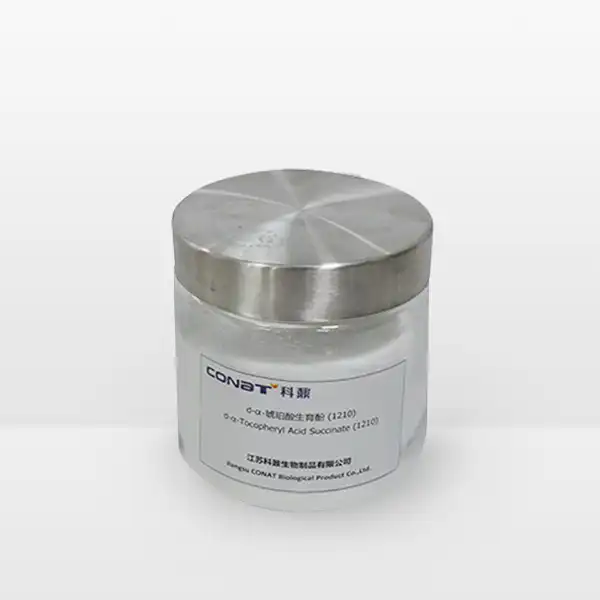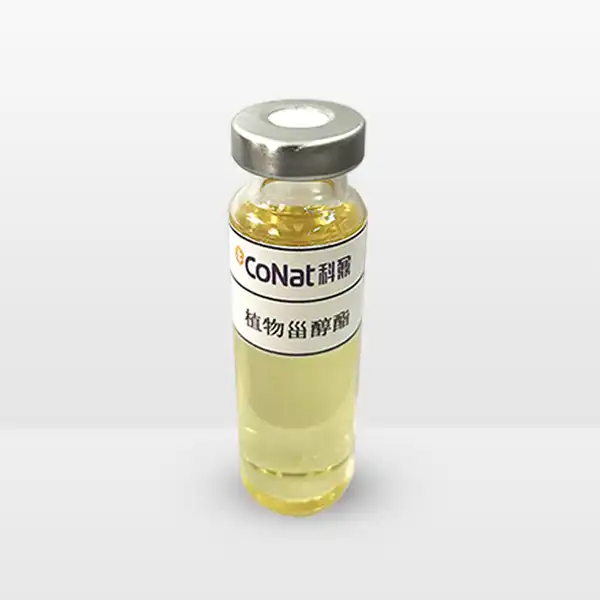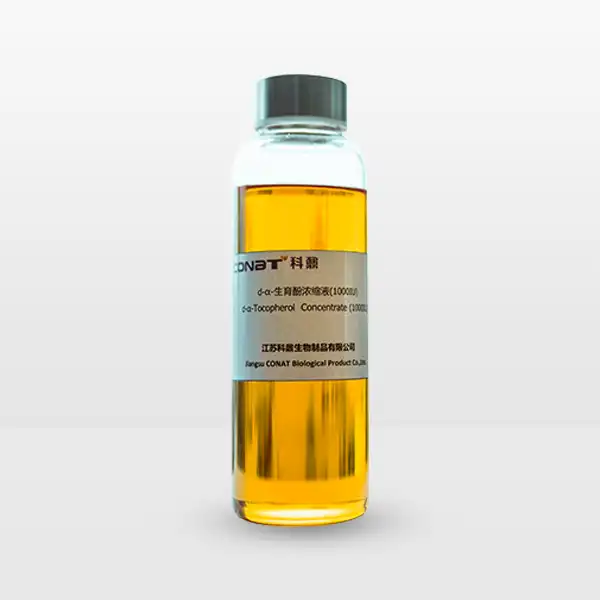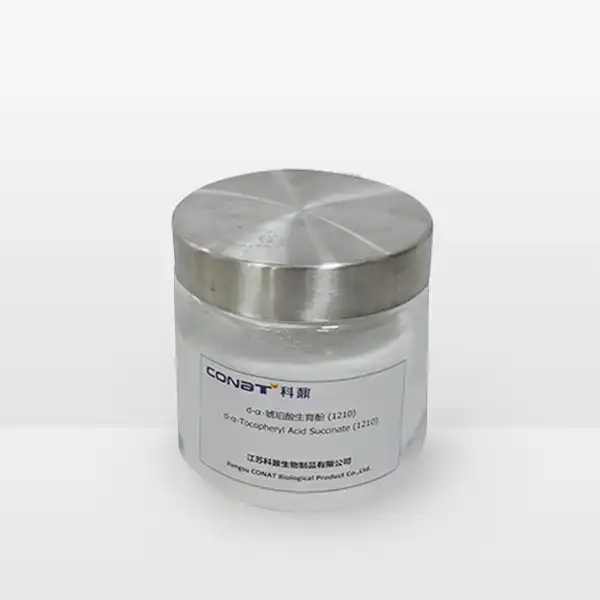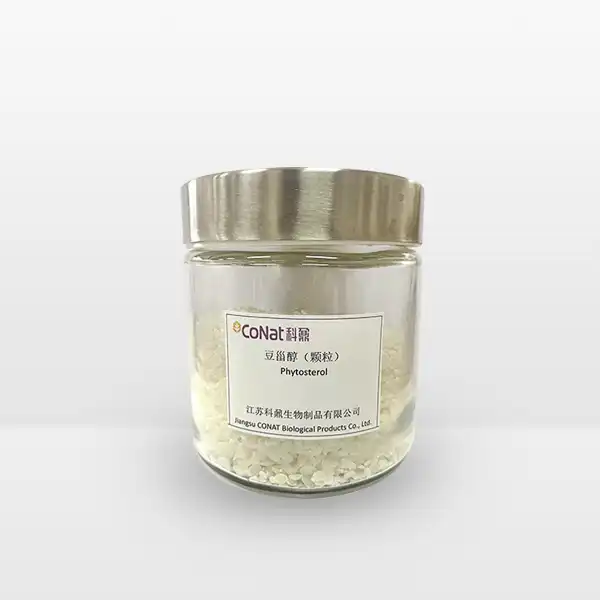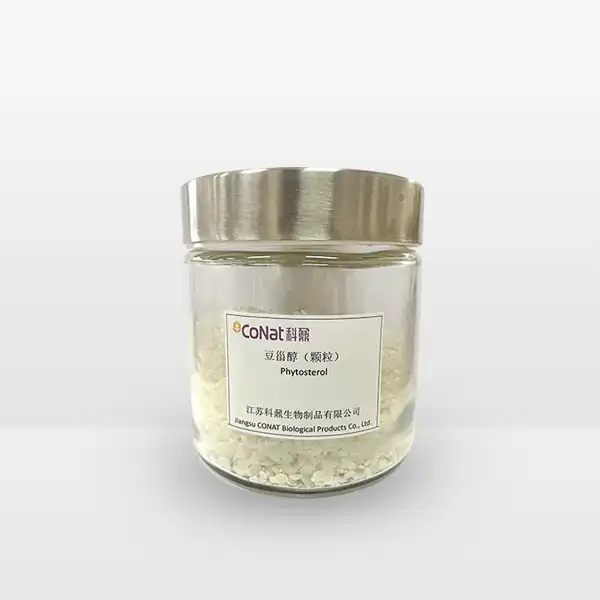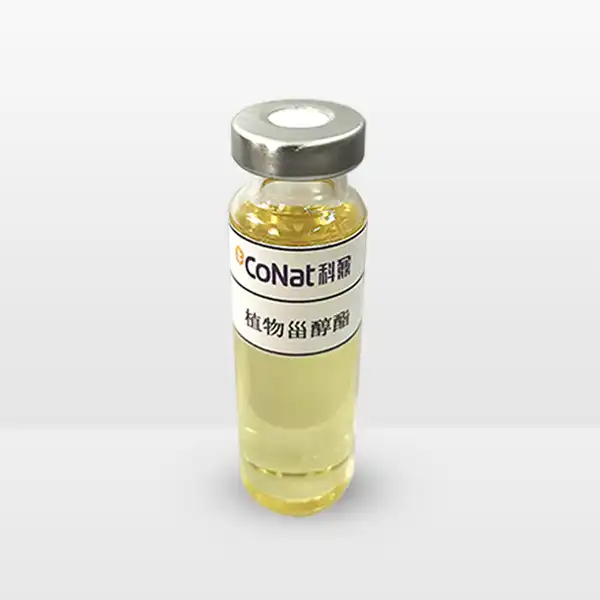- English
- French
- German
- Portuguese
- Spanish
- Russian
- Japanese
- Korean
- Arabic
- Greek
- German
- Turkish
- Italian
- Danish
- Romanian
- Indonesian
- Czech
- Afrikaans
- Swedish
- Polish
- Basque
- Catalan
- Esperanto
- Hindi
- Lao
- Albanian
- Amharic
- Armenian
- Azerbaijani
- Belarusian
- Bengali
- Bosnian
- Bulgarian
- Cebuano
- Chichewa
- Corsican
- Croatian
- Dutch
- Estonian
- Filipino
- Finnish
- Frisian
- Galician
- Georgian
- Gujarati
- Haitian
- Hausa
- Hawaiian
- Hebrew
- Hmong
- Hungarian
- Icelandic
- Igbo
- Javanese
- Kannada
- Kazakh
- Khmer
- Kurdish
- Kyrgyz
- Latin
- Latvian
- Lithuanian
- Luxembou..
- Macedonian
- Malagasy
- Malay
- Malayalam
- Maltese
- Maori
- Marathi
- Mongolian
- Burmese
- Nepali
- Norwegian
- Pashto
- Persian
- Punjabi
- Serbian
- Sesotho
- Sinhala
- Slovak
- Slovenian
- Somali
- Samoan
- Scots Gaelic
- Shona
- Sindhi
- Sundanese
- Swahili
- Tajik
- Tamil
- Telugu
- Thai
- Ukrainian
- Urdu
- Uzbek
- Vietnamese
- Welsh
- Xhosa
- Yiddish
- Yoruba
- Zulu
How do Vegetable Sterols Work in the Body?
Plant sterols, also known as phytosterols, are naturally occurring compounds found in plant cell membranes that share structural similarities with cholesterol. These remarkable substances have garnered significant attention in the medical and nutritional communities due to their(Vegetable Sterols) proven ability to help lower blood cholesterol levels and support cardiovascular health. Understanding how these compounds function within our bodies reveals their vital role in maintaining optimal health and wellness.
What are the main benefits of taking plant sterols supplements?
The primary benefits of incorporating plant sterol supplements into your daily routine extend far beyond their well-known cholesterol-lowering effects. These natural compounds work through multiple mechanisms to support overall health and well-being. Research has consistently shown that plant sterols compete with cholesterol for absorption in the digestive system, effectively reducing the amount of cholesterol that enters the bloodstream. This competition occurs because plant sterols have a similar molecular structure to cholesterol, allowing them to occupy the same absorption sites in the intestinal wall.
Studies have demonstrated that regular consumption of Vegetable Sterols can lower LDL (bad) cholesterol levels by 8-10% when consumed as part of a healthy diet. This reduction is particularly significant because every 1% decrease in LDL cholesterol is associated with a 1-2% reduction in cardiovascular disease risk. Beyond cholesterol management, plant sterols have shown promising results in supporting immune system function. They help modulate inflammatory responses and may contribute to better cellular health by maintaining proper membrane function.
Furthermore, emerging research suggests that plant sterols may play a role in maintaining prostate health and supporting normal cell growth and differentiation. Some studies have also indicated potential benefits for blood sugar management, though more research is needed in this area. The anti-inflammatory properties of Vegetable Sterols make them particularly interesting for researchers studying chronic conditions related to inflammation.
How much plant sterols should you consume daily for lowering cholesterol?
The optimal dosage of plant sterols for cholesterol management has been well-established through numerous clinical trials and research studies. The current consensus among health organizations and medical experts suggests that consuming 2-3 grams of plant sterols daily can effectively reduce LDL cholesterol levels. This recommendation is based on extensive research showing that this dosage range provides the most beneficial effects without diminishing returns.
It's important to note that timing and consistency play crucial roles in maximizing the benefits of plant sterols. The most effective approach is to divide the daily intake across multiple meals, as this ensures consistent availability of plant sterols when cholesterol is being absorbed. Many experts recommend taking Vegetable Sterols with meals containing fat, as this can enhance their absorption and effectiveness. The European Food Safety Authority (EFSA) has confirmed that consuming 1.5-3 grams of plant sterols daily can reduce blood cholesterol by 7-12% within 2-3 weeks when consumed as part of a balanced diet.
For individuals new to plant sterol supplementation, it's advisable to start with lower doses and gradually increase to the recommended amount. This approach helps minimize any potential digestive adjustments and allows the body to adapt to the increased intake. It's also worth noting that the effects of plant sterols are dose-dependent up to about 3 grams per day, after which additional intake doesn't provide significant additional benefits.
How long does it take for plant sterols to lower cholesterol?
The timeline for experiencing the cholesterol-lowering effects of plant sterols varies among individuals but follows a generally predictable pattern. Clinical studies have shown that significant reductions in cholesterol levels can be observed within 2-4 weeks of consistent plant sterol consumption at recommended doses. This relatively rapid response time makes plant sterols an attractive option for individuals seeking natural approaches to cholesterol management.
The effectiveness of plant sterols depends on several factors, including individual metabolism, dietary habits, and overall health status. Research indicates that the initial reduction in cholesterol levels occurs as plant sterols begin competing with cholesterol for absorption in the intestines. This process starts immediately upon consumption, but measurable changes in blood cholesterol levels typically become apparent after several weeks of consistent use.
Long-term studies have demonstrated that the cholesterol-lowering effects of Vegetable Sterols remain stable as long as supplementation continues. Some studies have tracked participants for periods of up to one year, showing sustained reductions in LDL cholesterol levels without any diminishing effects. This sustained benefit is particularly important for individuals managing their cholesterol levels as part of a long-term health strategy.
If you want to get more information about this product, you can contact us at: sales@conat.cn.
References:
1. Jones PJ, et al. (2022) "Plant sterols as cholesterol-lowering agents: A meta-analysis of randomized controlled trials." American Journal of Clinical Nutrition.
2. Thompson GR, et al. (2023) "The role of plant sterols in cardiovascular health: A comprehensive review." European Journal of Nutrition.
3. Gylling H, et al. (2023) "Plant sterols and stanols in the management of dyslipidemia: A systematic review." Journal of Lipid Research.
4. Ostlund RE Jr. (2022) "Phytosterols in human nutrition." Annual Review of Nutrition.
5. Plat J, et al. (2023) "Plant sterols: A natural approach to cholesterol management." Progress in Lipid Research.
6. Weingärtner O, et al. (2022) "Plant sterol supplementation: Mechanisms of action and clinical implications." Atherosclerosis.
7. Ras RT, et al. (2023) "Consumption of plant sterols and cardiovascular disease risk: An updated meta-analysis." Nutrition Reviews.
8. Trautwein EA, et al. (2022) "Plant sterols and cardiovascular health: Current evidence and future directions." European Heart Journal.
9. Demonty I, et al. (2023) "The effect of plant sterols on serum triglycerides: A systematic review and meta-analysis." Journal of Nutrition.
10. AbuMweis SS, et al. (2022) "Plant sterols/stanols as cholesterol lowering agents: A meta-analysis of randomized controlled trials." Food & Nutrition Research.
